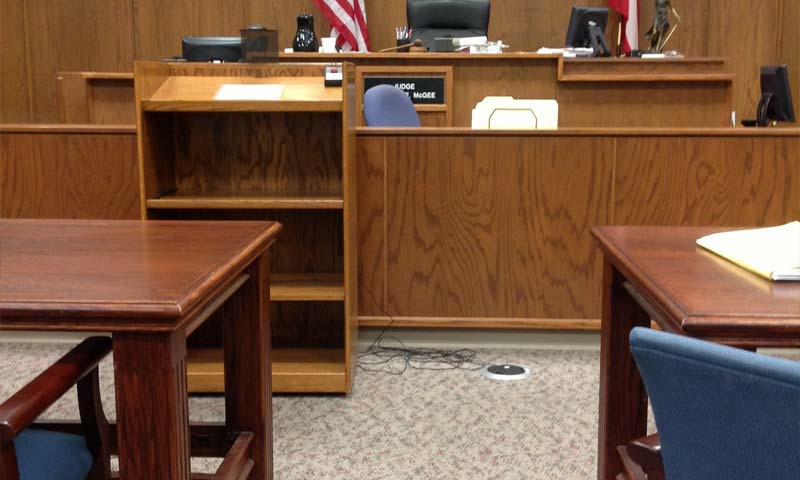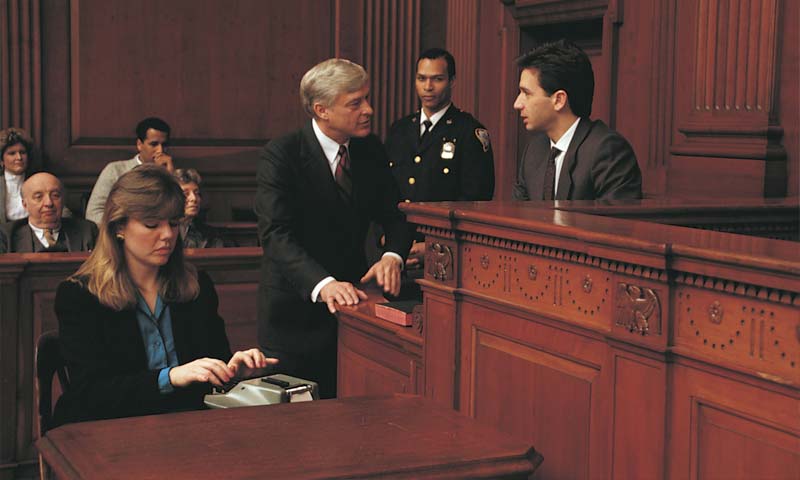What Happens After You’re Arrested? Understanding the Criminal Court Process in Illinois
Few experiences are more stressful or intimidating than being placed under arrest. Whether you were stopped for a DUI, accused of a drug offense, or facing more serious felony charges, the criminal court process and system can feel like a maze of procedures and deadlines. The decisions you make early on can have long-lasting consequences.
At Brian G. Hiatt, Attorney at Law, I believe that knowledge is power and that the right defense begins with understanding what lies ahead. If you or a loved one has been arrested in Illinois, here’s what you need to know about the criminal court process and how legal representation can make all the difference.
1. The Arrest and Booking Process
After an arrest, you’ll typically be taken into custody and booked at a police station. This process includes:
- Recording your personal information
- Taking fingerprints and photographs
- Noting the alleged offense
- Possible interviews or interrogation
Important: You have the right to remain silent and the right to an attorney. It’s often in your best interest to assert those rights immediately and avoid answering questions without legal counsel present.
2. Initial Appearance and Arraignment
Your first court appearance, called an arraignment, is where the judge formally presents the charges against you. You will:
- Be informed of your rights
- Enter a plea (typically guilty, not guilty, or no contest)
- Possibly have bail or bond set
This step is crucial. The decisions made during arraignment can impact your release, pretrial conditions, and the direction your case takes.
3. Pretrial Motions and Discovery
Once charges are filed, the pretrial phase begins. During this time:
- Your attorney may file motions to suppress evidence, dismiss charges, or challenge procedural violations.
- Both sides engage in discovery, exchanging evidence such as police reports, witness statements, surveillance footage, and lab results.
A skilled defense attorney will use this phase to investigate your case thoroughly, identify constitutional violations, and begin building your defense.
4. Plea Negotiations
Not all criminal cases go to trial. In fact, many are resolved through plea bargaining – an agreement between the prosecution and defense to reduce the charge or sentence in exchange for a guilty plea. This route can sometimes lead to lesser penalties, especially in first-time offender or non-violent cases.
However, it’s vital to understand the long-term consequences of any plea. I carefully weigh each option with my clients to ensure they are not pressured into unfair agreements.
5. Trial and Sentencing
If your case proceeds to trial, both sides will present their evidence before a judge or jury. The prosecution must prove your guilt beyond a reasonable doubt—a high standard. I provide aggressive trial representation, including:
- Jury selection
- Cross-examination of witnesses
- Presentation of evidence and expert testimony
- A persuasive closing argument
If found guilty, the court will proceed to sentencing, where penalties can include probation, fines, community service, or incarceration. I advocate for the most favorable outcome possible, whether through alternative sentencing programs, reduced charges, or dismissed evidence.
6. Post-Conviction Relief and Appeals
A conviction doesn’t have to be the end of your legal options. If errors were made in your case, you may be eligible for an appeal or other post-conviction relief. I have experience handling appeals in both state and federal courts and can advise you on the next steps.
Your Rights Deserve Protection. Start with Strong Representation.
The criminal court process in Illinois can move quickly, and delays in hiring an attorney can put you at a disadvantage. With your freedom, reputation, and future on the line, don’t face this alone.
At Brian G. Hiatt, Attorney at Law, I bring years of experience, in-depth legal knowledge, and a client-focused approach to every case. Whether you’re accused of DUI, drug possession, theft, or a violent offense, I will fight for your rights and pursue the best possible resolution.
The sooner you act, the more options you may have. Contact Brian G. Hiatt, Attorney at Law, at (815) 304-5441 or reach out online to schedule a confidential consultation. Let’s take the first step in protecting your future – together.



















